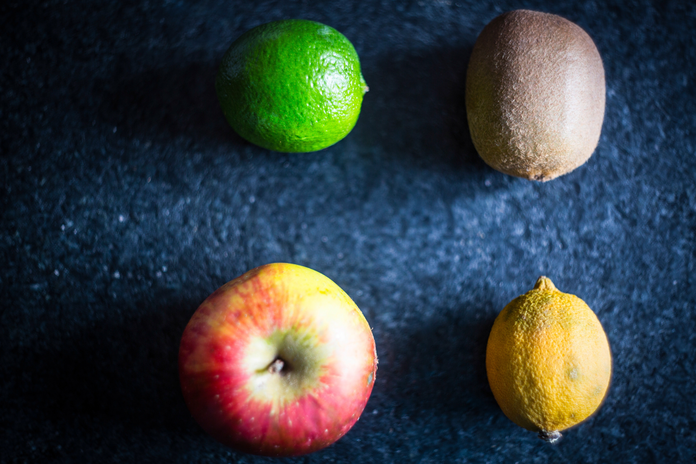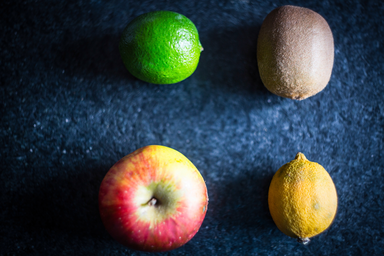By Maria Ordoñez
Growing up in a Colombian household, some of my earliest memories are waking up on the weekends to the smell of coffee and my mom’s homemade arepas. As a kid, I found myself pushing through the torture of school and homework every week just to make it to my next arepa. On a good day, they were as big as my head and had the perfect balance of crispy and soft, buttery and cheesy. My mom always reminds me of how I used to eat them in the tiniest bites imaginable, just so they would last me that much longer.
For those who have never tried an arepa before, or even seen one, it’s a round corncake that can be sweet or salty and is either grilled or fried. They’re the perfect addition to every meal and can even stand on their own as a tasty snack. If you’re having a hard time picturing it, maybe thinking of the similar Mexican gorditas or the Salvadoran pupusas can help. Or not…
Either way, this small corncake always stood in my mind as the quintessential symbol for my country and its culture. There was no doubt in my mind that arepas are to Colombia what tacos are to Mexico. Until the day I heard of a concept that would launch me into a cultural identity crisis like no other: Venezuelan arepas.
I was in denial. I was sure that Venezuela must have gotten the idea from us, because there was no way that arepas weren’t originally ours. But then I realized that if you ask any Venezuelan, they’ll tell you the same exact thing. Thus, the great arepa debate.
In both countries, it seems like the general concept is the same, but with a very important distinction. Venezuelans treat their arepas as a kind of sandwich, filling them with different meats, cheeses, and vegetables. Whereas, Colombian arepas focus more on the actual corncake which tends to be infused with cheese and butter. There are variations ranging from the sweet arepa de choclo to the cheesy arepa boyacense and even the stuffed arepa de huevo.
I got to thinking about this again in the last few days, and decided that the best way to find out for sure was to ask the witnesses. That is, other Latinxs from unbiased countries that have been watching this debate go on for centuries. These were some of the answers I got:
Luisana González – a sophomore in CAS from Mexico – says that historically she doesn’t really know where they’re from, but that since she was introduced to them by a Colombian roommate, she relates them more to Colombia.
On the other hand, Elisson Espinal-Peralta – a Dominican sophomore in CAS – says, “I think I met Venezuelans talking about arepas before I heard of Colombians doing it, purely because there are more Venezuelans in the Dominican Republic.”
Annalee Tacuri – an Ecuadorian sophomore in Questrom – disagrees, saying ” Colombia, because, you know, GRAN Colombia owned everybody before they split.”
That last one brings up a really interesting point, which is the concept of Gran Colombia. Basically, when Latin America was trying to gain independence from Spain and the individual countries didn’t exist, there was one big region which encompassed Colombia, Panama, Venezuela, and Ecuador.
Even though Colombia is in the name Gran Colombia, and therefore it technically wins (kidding), it reminds us that at one point we were all just one big country. So, in the end, the answer of who came up with it first isn’t one or the other, it’s all of us. It’s something that ties us together and reminds us of our shared history.
So, to settle the great debate, maybe we should be focusing less on the things that divide us, and more on what’s important: Eating all of the arepas.
And if you’re looking to try them on campus, you can follow Boston university’s very own Questrom Latino or Alianza Latina on Instagram to keep an eye out for their famous food sales:
Questrom Latino: @questromlatino
Alianza Latina: @alianzalatinabu
Want to keep up with HCBU? Make sure to like us on Facebook, follow us on Instagram, check out our Pinterest board, and read our latest Tweets!


